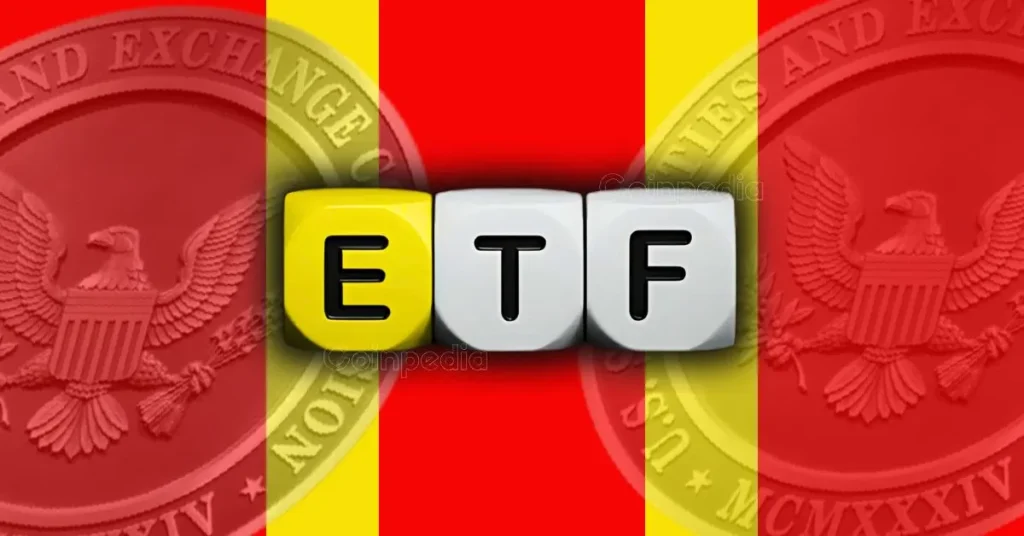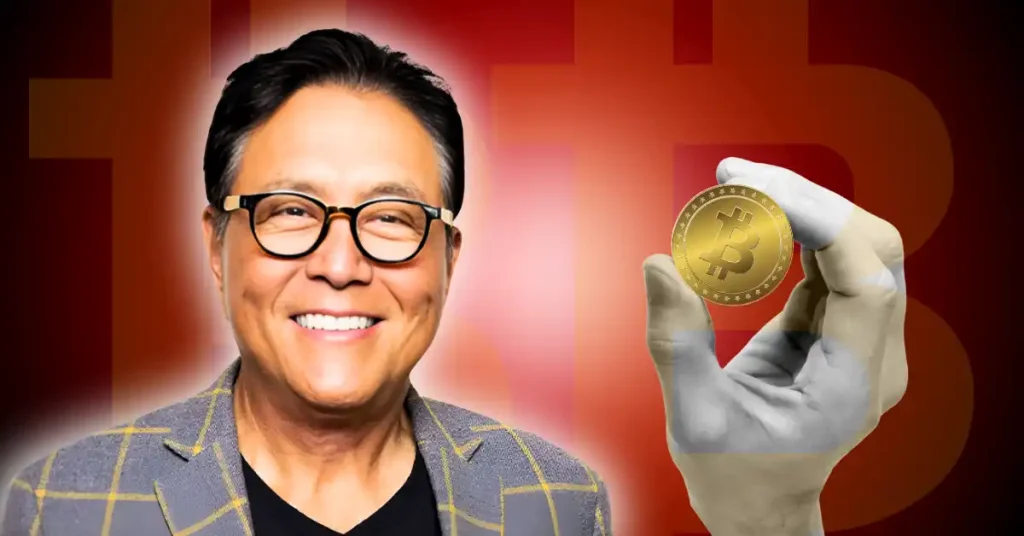
The post Ripple Co-Founder Hints When Ripple Vs SEC Lawsuit Might End! appeared first on Coinpedia Fintech News
Garlinghouse stated to panelists at the DC Fintech Week conference on October 11 that he anticipates the lawsuit against his company to be resolved in the first half of 2023, while he acknowledged that it was difficult to forecast.
The protracted legal dispute between Ripple and the US Securities and Exchange Commission, according to Ripple CEO Brad Garlinghouse, is about to come to a close, although it could still take many months
The SEC and XRP case was initially filed in DEC 2020. The company was accused by the SEC of selling unregistered securities using its XRP coin in December 2020. It has been a protracted dispute, and according to Garlinghouse, it is a leading example for the American and global cryptocurrency industries. By the middle of November, it will be completely briefed and in front of the judge, he continued.
“Federal judges operate at their own pace”, he said, before adding, “Potentially, it could take longer than that, but realistically, we’re talking about 3-4 months.”
In his 2018 speech, William Hinman, the director of the SEC Division, claimed that Ethereum was not a security and that the judge had six times ordered the SEC to provide the information, Garlinghouse used this as a reference. On September 29, Ripple eventually achieved a minor success when these elusive transcripts were ultimately turned over.
Ripple fans on Hoskinson’s neck
Charles Hoskinson, the founder of Cardano, has retaliated after receiving criticism from the XRP Army, a group of Ripple supporters well-known online. On October 11, he stated in a video:
The overwhelming backlash I experienced after a single, out-of-context remark “came as a big surprise”
The remark was made in reference to claims circulating in the XRP camp about a “financial conspiracy” involving the SEC and the co-founders of Ethereum. Many proponents of Ripple, including Brad Garlinghouse, think the regulator unfairly favored Ether over XRP at the time because it wasn’t viewed as a security, whereas the regulator only targeted Ripple.

 2 years ago
161
2 years ago
161














 English (US) ·
English (US) ·